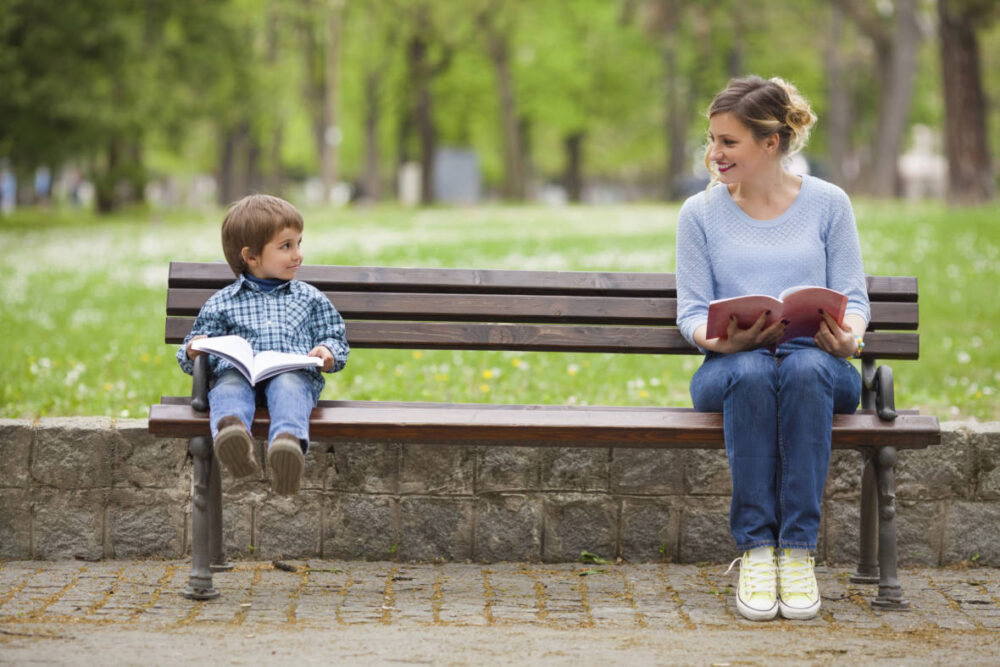“A mother is a son’s first true love. A son is a mother’s last true love.” ~Denzel Washington
Incubating longer than any other book I’ve ever written, I’ve finally reached the ending of my first draft after years of research and a terrific struggle to write my latest novel. Much of the delay was due to the lethargy of the pandemic, as well as procrastination about the paucity of time and abundance of new projects leering at me from my imagination. So, this novel’s crawl is all my fault. However, now that I’m at the story’s end, I’m learning some very intriguing things, and I sense that the extra time it’s taken has a lot to do with my discoveries. I could come up with a long list of things that had to be rewritten many times along the way, but my key discovery is that I didn’t know what the story was about or who the true protagonist was.
Now that’s odd, since the story came to me alone and wasn’t inspired by anyone else’s idea. Many more people have jumped on the bandwagon since I began this project, with biopics and new musicals all featuring the 18th Century polymath French Mulatto who played the violin like Paganini, wrote music like Haydn or Stamitz, wielded a sword and rode like a Musketeer and taught students like the Queen of France, Marie Antoinette. When I started my project, no one seemed to have heard of him, but Joseph Bologne, Chevalier de Saint Georges has become almost a household name in the six or so years since I’ve been researching his exploits. Clearly, I missed my moment of unique discovery!
So now, now that I’m almost finished, why do I find my book is not as much about the polymath as it is about his mother? And in the parallel narrative of a young athlete two centuries later, is it a coincidence that the protagonist would seem to be his mother as well? Could that coincidence actually be a correlation caused by the intrinsic relationship between mothers and sons? If so, what it is about those connections that we can count on, no matter the personalities involved? If this book has taught me anything, it’s that mothers have a lot to do with their sons’ identities. There are many distractions along the narrative arc of the lives of mothers with their sons, but ultimately women are not trying to recreate themselves in their sons’ images. That leaves plenty of room, no matter how self-promotional a mother might be, for the son to create his own likeness that tells society who he is. And a mother will always recognize him no matter how the world dresses him in various disguises.
Naturally, there will always be women who are less successful at parenting, and boys whose personalities are less compassionate and so less likely to connect in a caring relationship with their mothers. But it seems obvious after working so long on this book that the stamp of whoever the mother or son is will be emblazoned on them eternally. Mothers and sons belong to each other forever, and my new novel brings two unique pairs through the full glare of war and intrigue, all to end up different people than they were when the narrative started. No wonder I couldn’t see the ending in advance. I hope you’ll stay with my announcements as the publication date nears and will ultimately enjoy reading about this extraordinary human being and his even more remarkable mother.


One of my favorite French saints at the turn of the century wrote, “The loveliest masterpiece of the heart of God is the heart of a mother.”
-St. Therese of Lisieux.
Frankly, I would agree, though some of them seem to go awry!
Got me thinking about my own mother and of course wondering if she would recognize me now. Perhaps the greatest role anyone plays in life is being and working as a mother.
Even a mother’s connection has limits. There are definitely mothers who lose that tie over time! thanks for commenting, Paul
Another revelation through writing and honest analyses. I look forward to reading your book and understanding how the Chevalier’s mother played such a crucial role. Glad you stayed with it. I know it will be a good read.
Oh, thank you, Denise. I wonder if sometimes an author’s role isn’t much like that of a mother. Thanks for commenting. We’ll discuss it when the book is out.